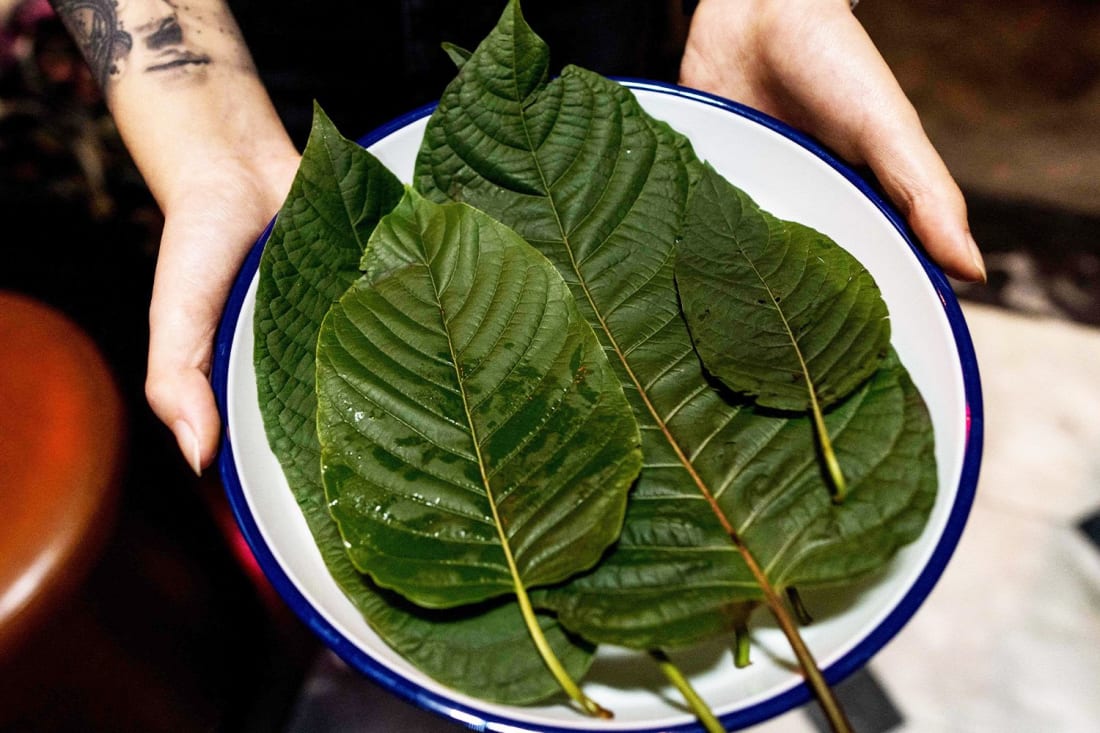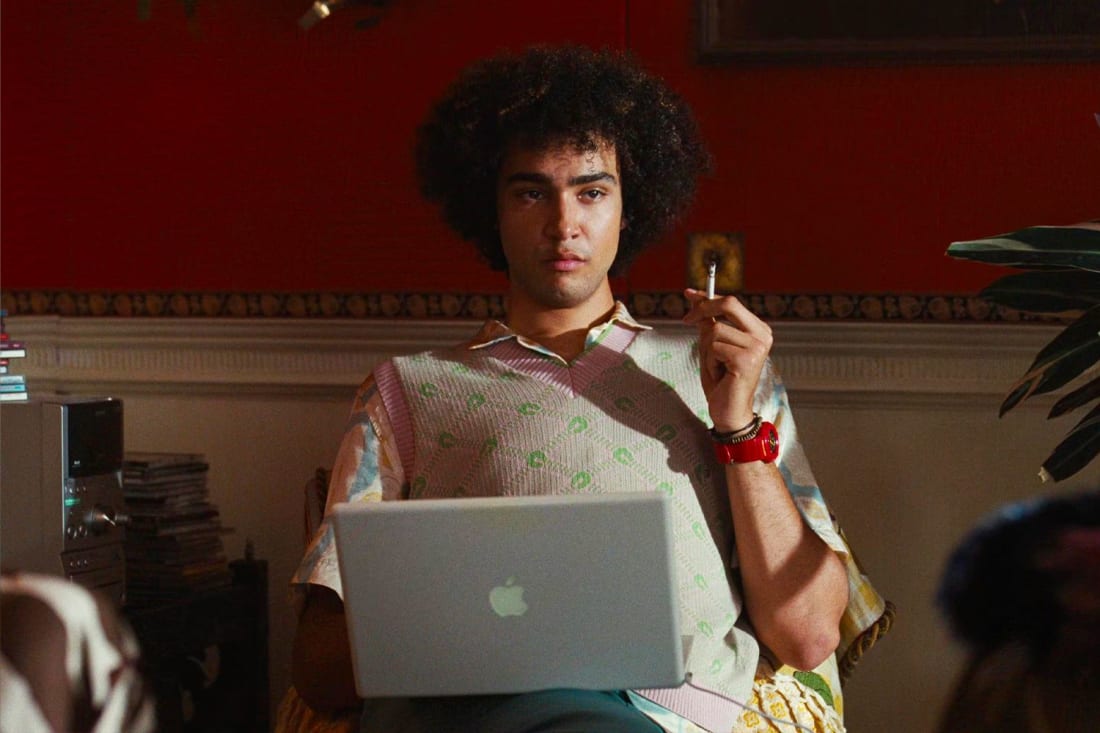Roe v Wade: what you can do to protect reproductive rights
Millions could lose their right to choose – here’s what’s at stake, and the organisations and activists to support in the pro-choice fight
Millions could lose their right to choose – here’s what’s at stake, and the organisations and activists to support in the pro-choice fight
A draft majority opinion of the Supreme Court was leaked, leading to fears that the biggest blow to reproductive rights in the U.S. for the past 50 years could soon take shape.
The 98 page document obtained by Politico suggests that members of the Supreme Court will vote to overturn Roe v Wade – the landmark 1973 ruling that legalised abortion across the United States.
Chief justice John Roberts has seemingly confirmed the authenticity of the draft, launching an investigation into the leak, which is the first time in modern history that a document has been available to the public before the final decision of the case. If the draft is not changed before the official Supreme Court ruling, it will allow individual states to create their own abortion laws and potentially criminalising the procedure.
Although this may sound like something straight out of The Handmaid's Tale, the rolling back of rights over one’s own body is very much real.
It should also be noted that a national ban on abortion has been said by some to be pretty much “impossible without an anti-abortion Republican president willing to sign it”. With Democrat Joe Biden in office, there is power in pro-choice politics. At the same time, the majority of the work to keep body autonomy a basic human right is done by feminist activists and grassroots groups.
Here’s a quick overview of Roe v Wade.
What is Roe v Wade?
The Roe v Wade case made abortion a constitutional right in the USA. If Roe is overruled, 25 million people would be at risk of losing access to abortions.
Norma McCorvey, a single woman in her early 20s who went by the pseudonym ‘Jane Roe’ to protect her privacy, became pregnant after an alleged rape. She wanted to terminate her pregnancy, but in 1969 the state of Texas only allowed abortions if the pregnant person’s life was in danger.
Supported by lawyers Sarah Weddington and Linda Coffee, McCorvey filed a lawsuit against the district attorney for Dallas, Henry Wade, arguing that the existing abortion legislation in Texas was unconstitutional. McCorvey had already given birth twice and put both children up for adoption (the first adopted by her mother, the second by another family). Without money, she was unable to travel out of Texas to where abortions were legal, or pay doctors to carry out the termination illegally.
The district court ruled in McCorvey’s favour, escalating the case to the Supreme Court when Wade appealed the decision. In turn, this lead to anti-abortion laws being ruled as unconstitutional by violating the 9th and 14th Amendment’s right to privacy. Awaiting the ruling, McCorvey was forced to give birth after being unable to access an abortion. She gave this child, her third, up for adoption.
The Supreme Court ruling created the trimester system. All abortions in the first three months of a pregnancy became legal and solely up to the mother, with the option for limited state regulations in the second trimester, although abortions would not be banned at this stage. By the third trimester, abortions were allowed only when the mother’s life was at risk.
Why is Roe v Wade in the news now?
The 2018 Mississippi state ban on abortions after 15 weeks has been taken to the Supreme Court in the Dobbs v Jackson Women’s Health Organisation case, the ban being criticised as unconstitutional.
Justice Samuel Alito said in the leaked draft that “Roe was egregiously wrong from the start. Its reasoning was exceptionally weak, and the decision has had damaging consequences”, claiming that the case had “deepened division”.
Some Republicans have been arguing that the ban does not go far enough, and are instead are pushing for a “heartbeat bill”, which criminalises abortions after just six weeks. As soon as Roe v Wade is thrown out, reproductive rights would go with it.
What is the potential impact?
Altogether, 26 U.S. states are likely to either completely ban or severely restrict abortions. 13 states have already passed “trigger laws” that will automatically ban abortion if the Roe v Wade ruling is overruled.
States likely to quickly pass laws banning, or at the very least, changing, abortion rights include:
Alabama, Arizona, Arkansas, Florida, Georgia, Idaho, Iowa, Indiana, Kentucky, Louisiana, Michigan, Mississippi, Missouri, Montana, Nebraska, North Dakota, Ohio, Oklahoma, South Carolina, South Dakota, Tennessee, Texas, Utah, West Virginia, Wisconsin, and Wyoming.
When will a decision be made on whether to overturn Roe v Wade?
We don't know for sure, but the decision is expected in late June or early July.
What has the reaction been?
As a highly divided nation, it was to be expected that reactions in the U.S. would be polarised with news of the leaked document. Unsurprisingly, there have been strong reactions on both sides.
Students for Life Action, along with numerous other anti-abortion groups, are calling for Republican members of congress to push for the “heartbeat bill”. A so-called Pro-Life Spiderman was arrested after filming himself scaling a scyscraper in protest of an abortion provider.
Both pro-choice and anti-abortion protests have sprung up across the country. In Pasedena, California, protesters carried coat hangers to represent the harrowing reality of the “back alley” abortions in a poignant demonstration.
Joe Biden has said that if the Roe ruling is thrown out, “it will fall on our nation's elected officials at all levels of government to protect a woman's right to choose."
It is still possible to push back against the court’s decision, before they vote in May or June – and there are ways to channel collective sadness, frustration, and anger into action.
What can I do to help fight for reproductive rights?
Hashtags to use
#mybodymychoice #reclaimroe #reproductivehealth #shoutyourabortion #abortionpositive
Petitions to sign
Places to educate yourself
TikToks by Gen Z for Change provide a helpful break down of the real-life effects of overturning Roe v Wade, explaining how you can take action – they're definitely worth having a watch.
As Texas-based group Avow says, “messaging matters because it can help move people from judgment to empathy”. They have created a clear and concise guide to help people navigate conversations about abortion – from gender neutral language, to leading with facts and combatting misinformation and difficult conversations.
Instagram accounts to follow
Helplines to call
MSI Reproductive Choices: 0345 300 8090 (England, Scotland and Wales), +44 (0) 1454 457 542 (international), 0345 122 1441 (Dedicated Aftercare Line)
Abortion Recovery and Care: 03456038501
British Pregnancy Advisory Service: 03457 30 40 30
Organisations you can donate to
How to protest
If you're based in the U.S., you can help by channelling your outrage into action. Organise rallies and protests.
If you can’t get out IRL to protest, think about how you can utilise your skillset and abilities to aid the pro-choice movement. Can you code? Gen Z for Change is looking to recruit coders to help build systems that could automatically overwhelm future anti-abortion rights watchdog websites with false information — even if those websites have yet to be built.



